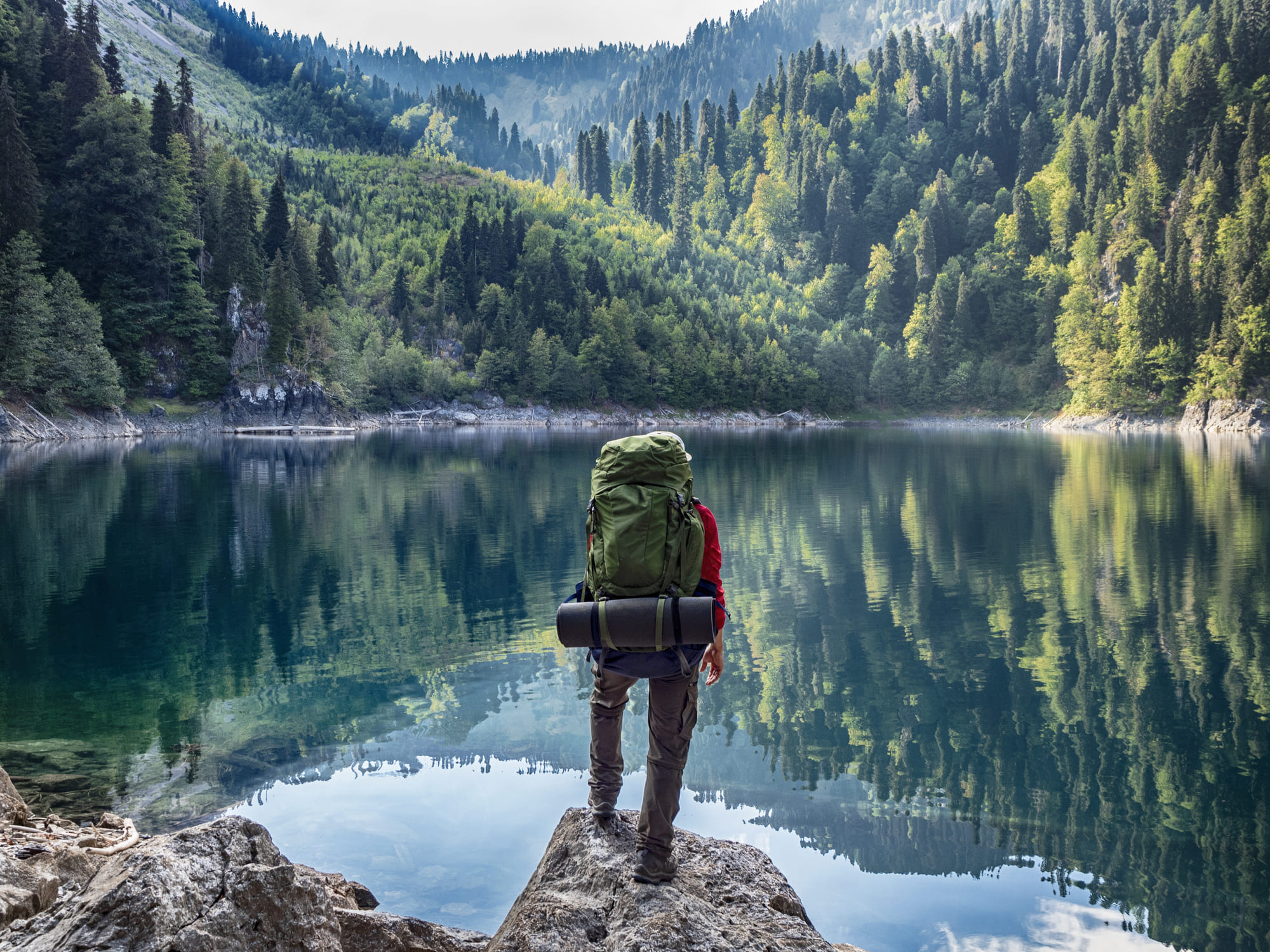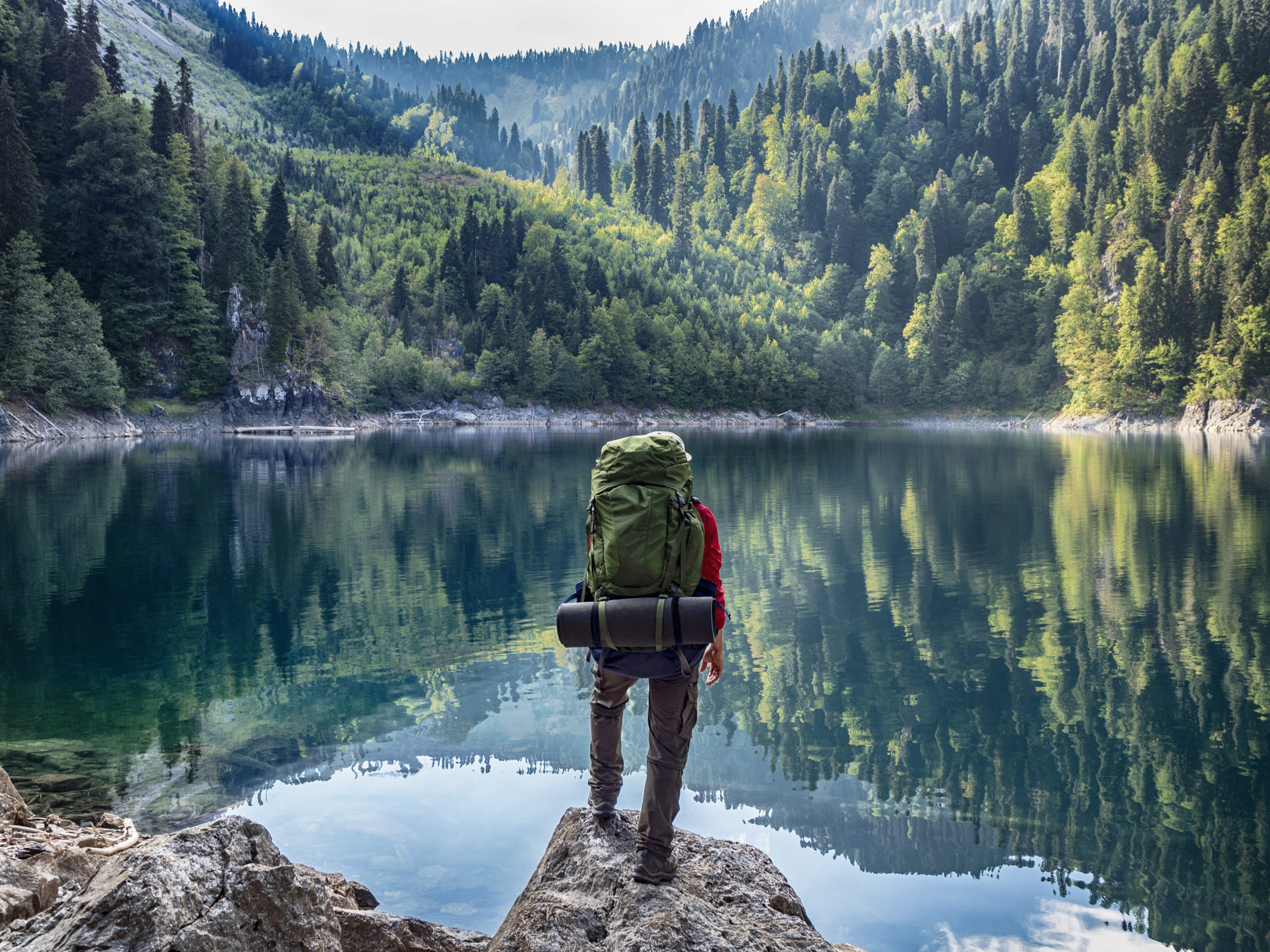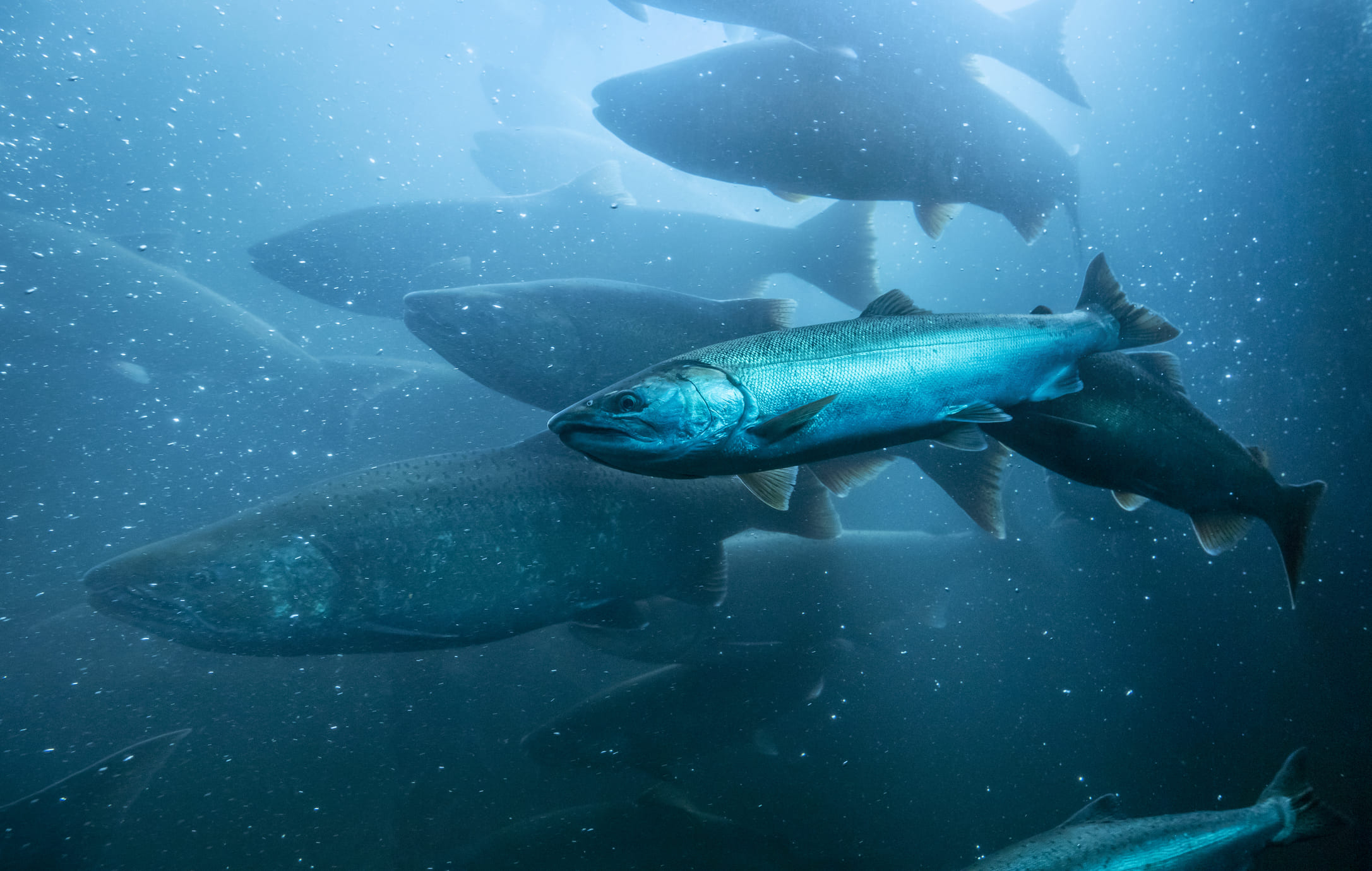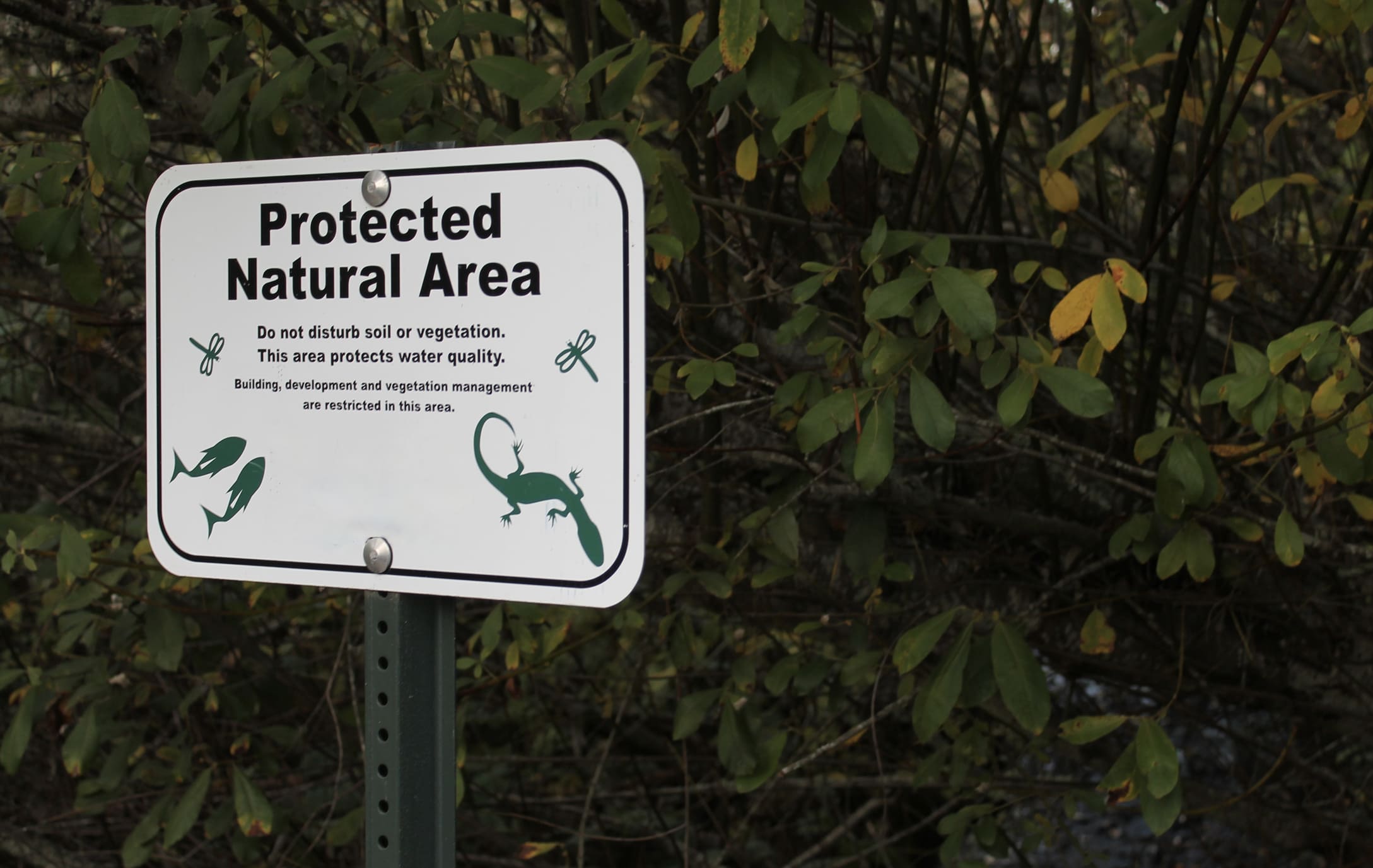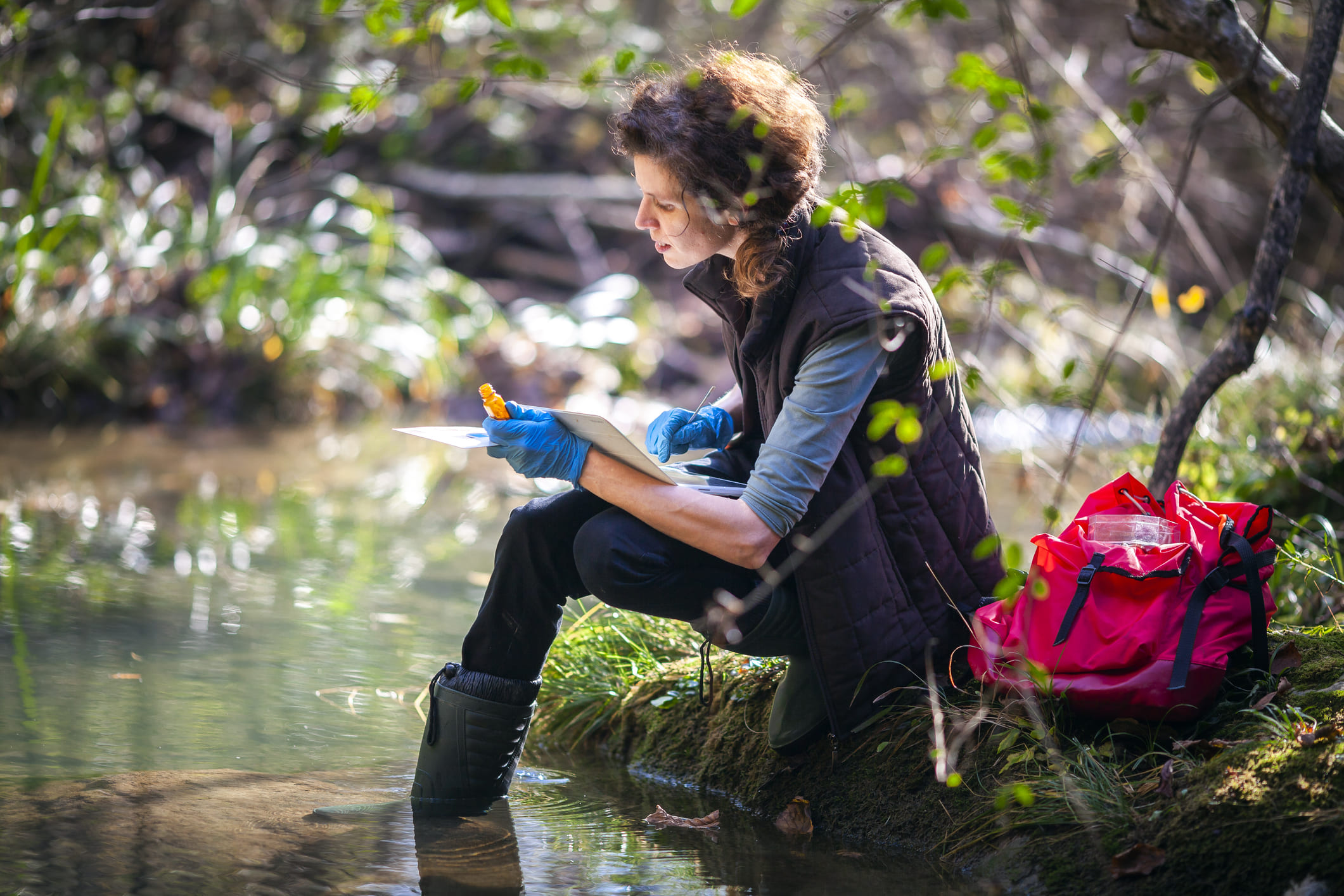S'inscrire
Veuillez remplir les informations suivantes.
*Vous pouvez vous désinscrire à tout moment. En continuant, vous acceptez nos modalités d’utilisation et prenez acte de notre politique de confidentialité ici
Question #1
Quelle activité choisiriez-vous?
Question #2
Qu’auriez-vous la plus grande probabilité de faire?
Question #3
Quelle cause aimeriez-vous le plus défendre?
Question #4
Si vous ne pouviez aider qu’une seule espèce en péril, laquelle choisiriez-vous?
Question #5
Si vous pouviez vous joindre à un(e) expert(e) de la FCF pour une journée de travail sur le terrain, quel champ de recherche choisiriez-vous?
Question #6
Si vous pouviez vivre dans la peau d’une autre espèce, laquelle choisiriez-vous?
